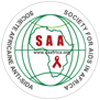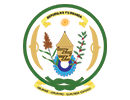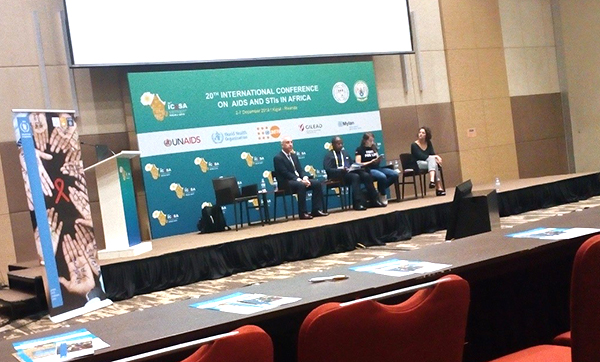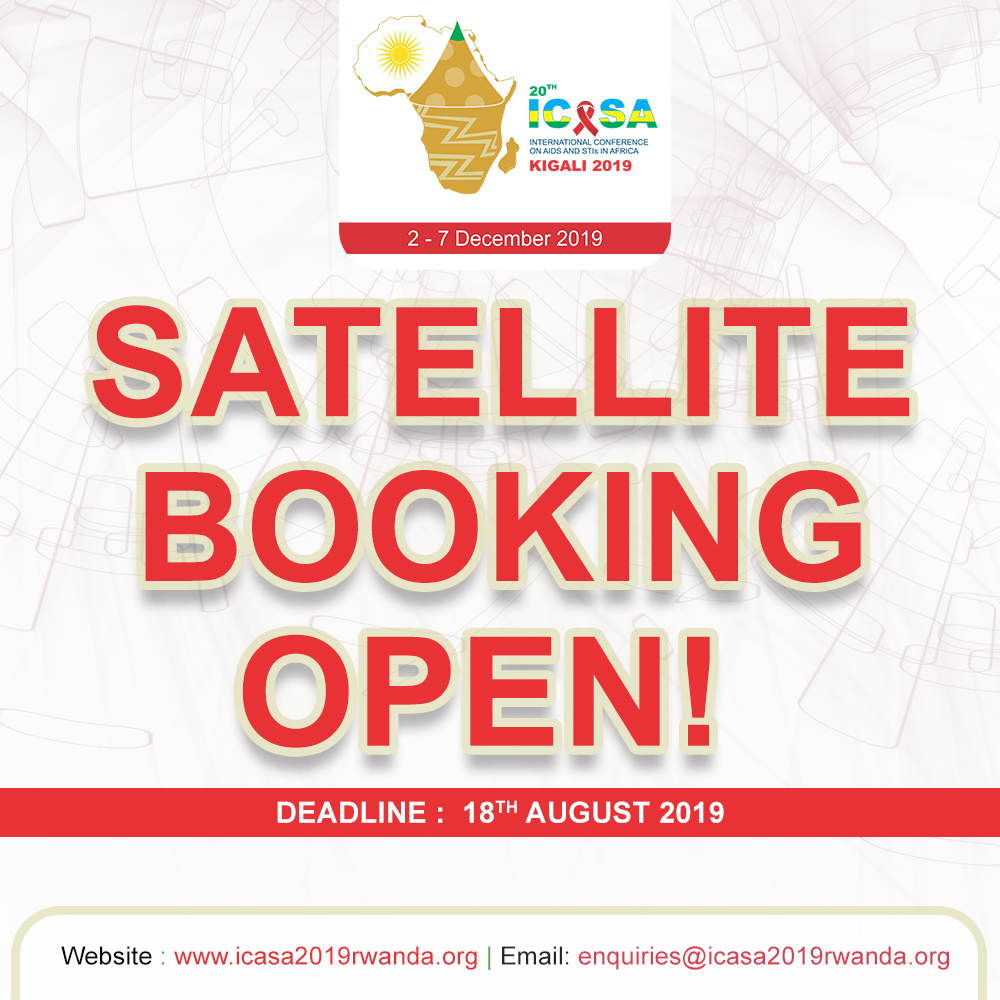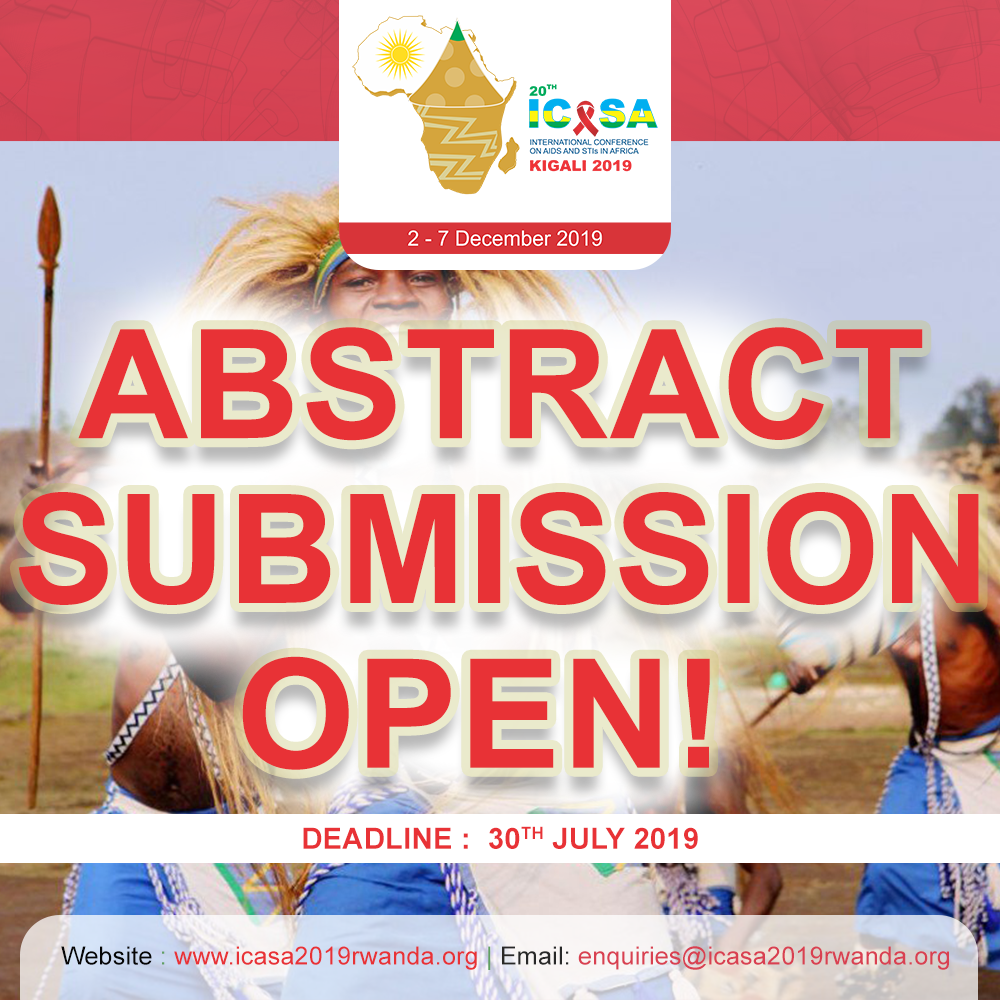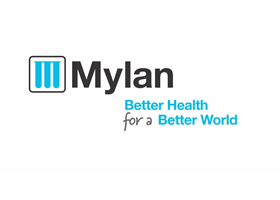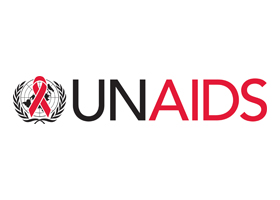Reporters: UMUBYEYI Benie Raissa and Mahoro Gisele
Speaker: Vinand Nantulya, Chairperson of the one dollar initiative
Ms sara SAIJA and Ms. Nonhlanhla Xaba explained that the purpose of the session was to share lessons learned from recent HIV emergency responses, including the use of social protection measures. Speakers highlighted what works and gaps they observed in their response, evidence on effectiveness of social protection including how cash transfers had worked. The session also served as a forum for open dialogue for defining priory areas for social protection.
Lessons learnt from the Mozambique tropical cyclones response was shared. To alleviate the burden of the emergencies caused by tropical cyclone, the WFP expanded its current support to the national nutritional rehabilitation program that includes delivery of specialised nutritious foods to heath facilities for the treatment of moderate acute malnutrition. It also focused on demand generation for the nutritional rehabilitation program and other HIV/ TB services through the use of radio messaging and community based radio activities in partnership with the local health authorities, community radios and cooperating partners.
Camille Wittesaele of the Department of Social Policy and Intervention, Oxford University, noted that according to FAO, social protection is a set of interventions whose objective is to reduce social and economic risk and vulnerability, and to alleviate extreme poverty and deprivation. UNAIDS defined social protection as more than cash and social transfers such as food and vouchers. Social protection encompasses economic support, social health insurance, employment assistance and social care to reduce poverty, inequality, exclusions and barriers to accessing social and medical services. World Bank defined social protection as systems that help the poor and vulnerable cope with crises and shocks, find jobs, invest in the health and education of their children, and protect the aging population. She noted that the three definitions represents a range of activities for social protection: all recognised the importance of protecting the population throughout the life cycle in order to ensure equity and equality.
Ms Rachyns Valeria concluded by discussing the topic: Ukraine “food for life” cash transfer programme for people living with HIIV during period of war. The war in the Ukraine has created numerous challenges for individual living with HIV that infringe upon their health and human rights. Notably, this conflict disrupted access to antiretroviral treatment as it became costly and time prohibitive to travel to clinic. This was further aggravated by the fact that many people living with HIV who were internally displaced by the conflict were unable to access employment due to stigma and discrimination. This shows gaps in emergency context and it provide a platform for discuss about the importance of leveraging resource and partnership to fill this gap.


